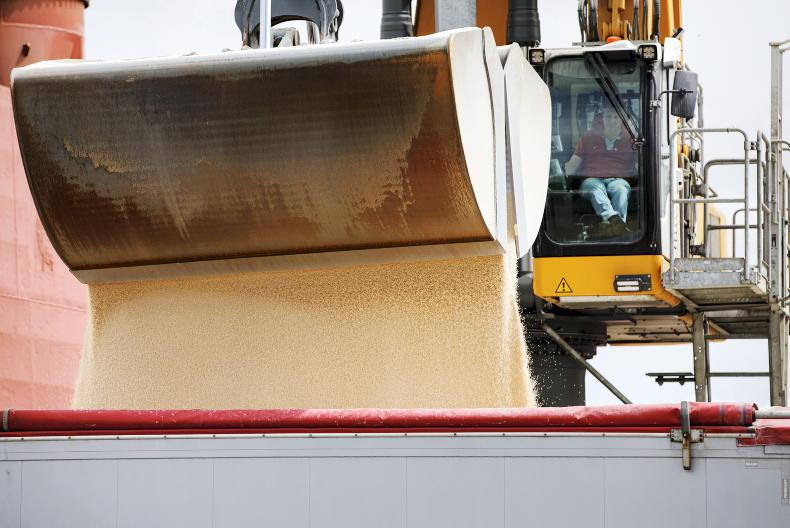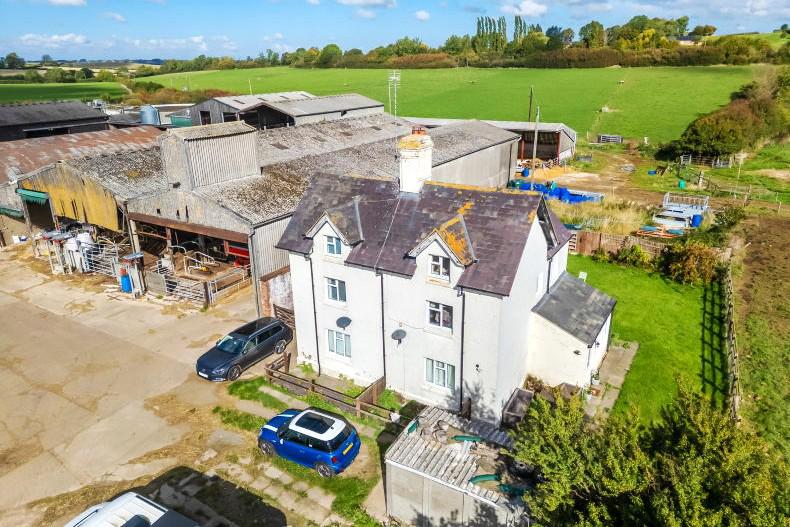Anyone who owns property but has not got a will in place should make no assumptions about what will happen if they die unexpectedly, a financial adviser has warned.
“A lot of people assume that everything will go to their spouse, but that’s not always the case,” said David Hill from Hills Financial Planning.
Speaking in Ballymena on Tuesday, Hill explained that “intestacy rules” apply if a person passes away before making a will or if their will is proven to be invalid.
“If you are married with children, the first £250,000 goes to your spouse and everything else is split between your spouse and children, depending on how many children you have,” he said.
If the person is married with no children, the first £450,000 goes to the spouse with the rest of the estate split between the spouse and other close family, such as parents and siblings. “That might not be what you want,” Hill added.
Complicated
The Larne-based financial adviser said an even more complicated situation can occur if the person is unmarried with children, as all assets will transfer to their children.
“If you are unmarried with no children, then there could be a whole raft of potential beneficiaries, like parents, brothers, sisters and cousins,” Hill said.
With agricultural land prices continuing to rise in NI, the various thresholds for the likes of intestacy rules and inheritance tax are likely to apply to more and more local farms.
Inheritance tax
In general, inheritance tax must be paid if a person’s estate is worth more than £325,000 when they die, although Hill said that farms are “usually” exempt due to agriculture property relief.
However, he warned landowners should make no assumptions about inheritance tax and should get professional advice when inheritance plans are being drawn up.
British Chancellor Jeremy Hunt is expected to use inheritance tax as means of generating extra income for the UK government to help address its spending deficit.
The exact details are to be set out in Hunt’s autumn statement today (Thursday), although it is not expected to involve changes to agriculture property relief.
“There is not an expectation that they are going to do anything drastic with inheritance tax,” Hill said.
Instead, the UK government is likely to freeze existing thresholds for inheritance tax, so as properties rise in value, more estates will become eligible for the tax. “Without actually changing the rules, the government are able to collect more tax,” Hill explained.








SHARING OPTIONS